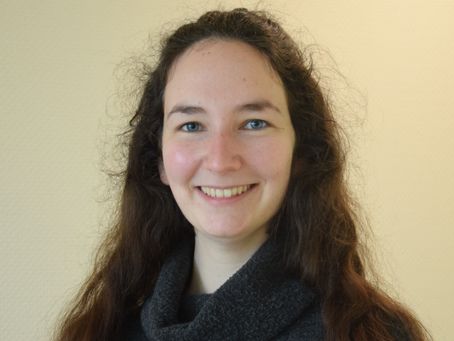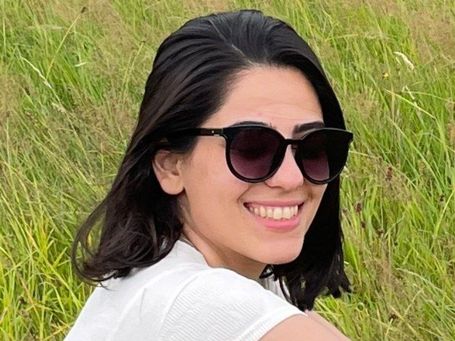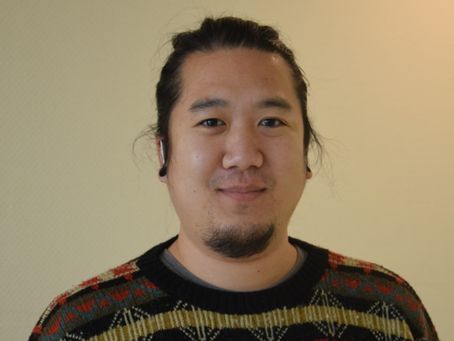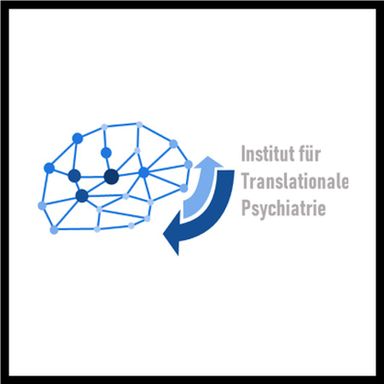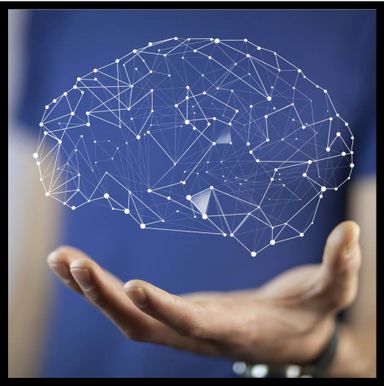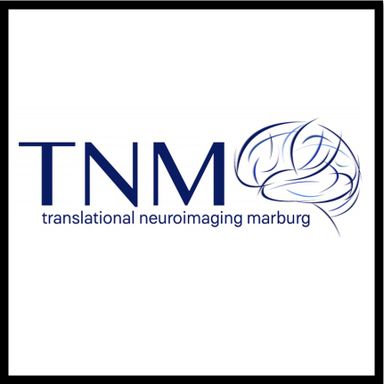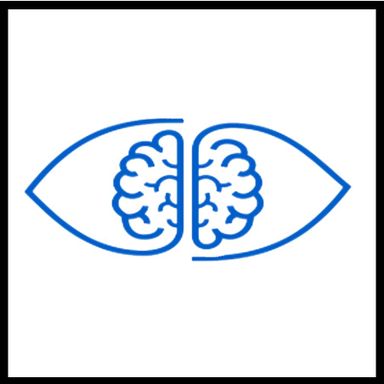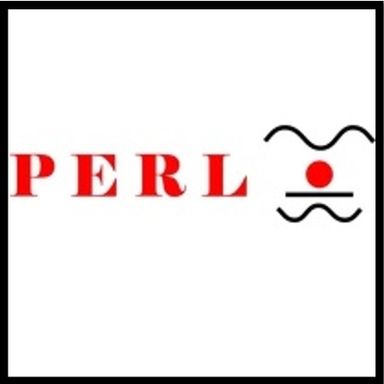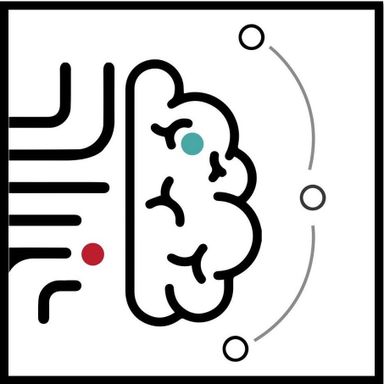What is control of complex systems in our research?
The control of human behaviors goes beyond merely satisfying a controllability property. It involves strategically steering the system to prevent reaching tipping points or to reduce the impact of failures. This perspective marks a significant departure from the traditional control theory applied in neuroscience and human behavior studies, which often rely on the Kalman notion of full or partial controllability for all states. Unlike the control of robotic arms or valves, where an exact trajectory is ideal, biological agents, such as humans, navigate through extended periods characterized by numerous unobservable and time-varying complexities. These systems often display unpredictability at finer scales, while also revealing interpretable coarse-grained emergent properties. An example of this can be seen in the symptom trajectories in depression, where short-term fluctuations are considered normal, and only the coarse-grained trajectories are deemed relevant—a viewpoint consistently upheld across diagnostic guidelines.
Team
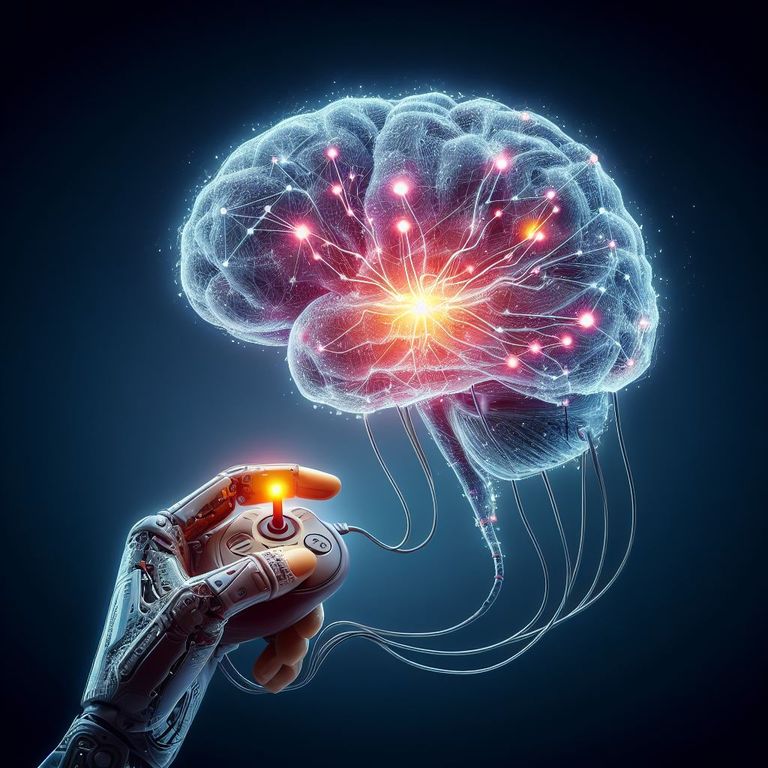
A key focus is determining whether a specific network satisfies fundamental control properties like controllability and observability, particularly on coarse trajectories. Additionally, establishing these relationships across diverse temporal and spatial scales is essential, linking macroscopic behaviors (e.g., emotions) with microscopic dynamics (e.g., brain activity) to steer collective dynamics in a desired direction.
Our Collaborators
Our research is heavily inter- and multi-disciplinary with a focus on computational methodologies.
As such, we are closely collaborating with other groups within and outside our department who complement us in terms of methodological, clinical, and imaging expertise.
Medical Machine Psychiatry Cognitive Translational Learning Neuropsychiatry Neuroimaging
Prof. Tim Hahn Prof. Tilo Kircher Prof. Igor Nenadić Prof. Benjamin Straube
___________________________________________________________________________________________________________________
Neuroimaging Clinical Psychology Language Psychiatry and Technologies Neurostimulation
Prof. Andreas Jansen Prof. Stefan G. Hofmann Prof. Lucie Flek Prof. Christoph Mulert
___________________________________________________________________________________________________________________
Dynamical Systems Cognitive Modeling Neurometabolic Cell Models and Theory Circuitry Parental Mental Health
Prof. Erfan Nozari Prof. Marieke van Vugt Dr. Sharmili E. Thanarajah Prof. Sarah Kittel- Schneider

